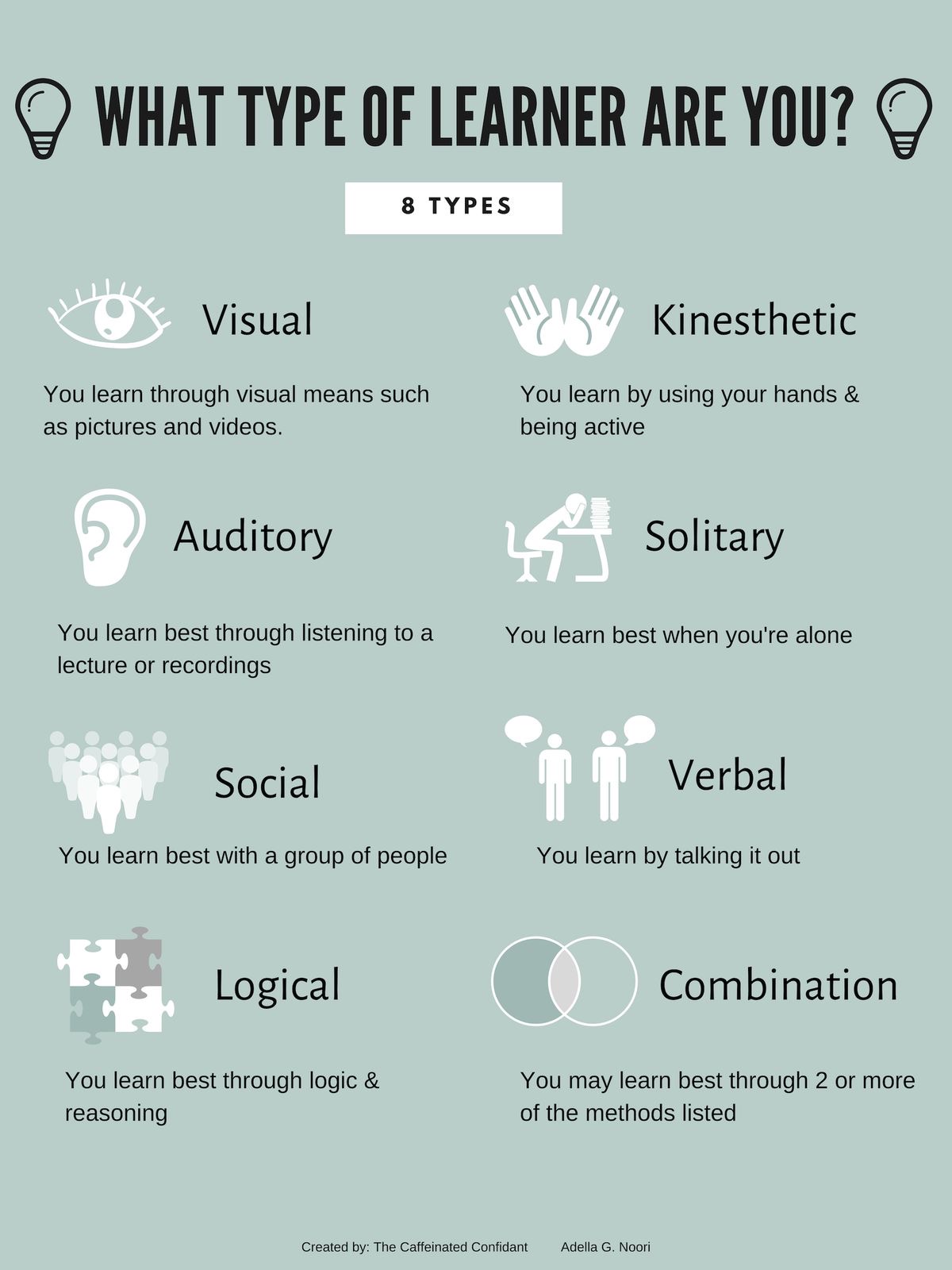

As the digital realm becomes an integral part of educational delivery, a host of ethical considerations surfaces, challenging educators, administrators, and policymakers to navigate the uncharted waters of virtual classrooms responsibly. Ethical issues in online education refer to concerns and considerations related to moral principles, values, and responsible conduct in the context of digital learning environment. This article delves into the complex and multifaceted world of ethical issues in online learning, exploring the intersection of technology, education, and morality. It also seeks to unravel the complex web of moral challenges and dilemmas that accompany the digital evolution of education, aiming to shed light on the principles that should guide the development and implementation of online learning practices. Some of the key ethical issues in online learning include:
Privacy and Data Security: Protecting student data and privacy in online environments is critical. Educational institutions must handle sensitive information responsibly, implement robust security measures, and obtain proper consent for data usage.
Quality of Online Education: Ensuring the quality of online education compared to traditional in-person instruction is an ongoing ethical consideration. Institutions must provide robust and effective online learning experiences that meet educational standards.
Technological Barriers: Technological issues, such as system failures, connectivity problems, or software limitations, can hinder the learning process. Ethical concerns arise when technological barriers impede access to education.
Equitable Access: Ensuring that all students have equal access to online resources and technology is a significant concern. Disparities in internet access, hardware, and digital literacy can create educational inequalities.
Privacy and Data Security: Protecting student data and privacy in online environments is critical. Educational institutions must handle sensitive information responsibly, implement robust security measures, and obtain proper consent for data usage.
Academic Integrity: Upholding academic honesty in online assessments and coursework poses challenges. Preventing cheating, plagiarism, and unauthorized collaboration while ensuring fair evaluation remains a concern.
Teacher-Student Relationships: Maintaining appropriate boundaries in online teacher-student interactions is vital. Clear guidelines must be established to prevent any form of misconduct or inappropriate behavior.
Inclusivity and Diversity: Ensuring that online learning materials, platforms, and teaching methods are inclusive and diverse is essential. Addressing cultural biases and providing diverse perspectives in online education is an ethical imperative.
In conclusion, the ethical landscape of online learning demands a conscientious approach rooted in principles of equity, transparency, and respect. Addressing issues of access, data privacy, and inclusive practices is essential for fostering a morally sound educational environment. Moving forward, collaborative efforts among educators, policymakers, and stakeholders are crucial to establish robust frameworks that prioritize ethical conduct, safeguard student rights, and ensure the integrity of online learning. By upholding these standards, we pave the way for a future where technology-enabled education flourishes ethically, offering equitable opportunities for all learners.
Comments (0)
Recent posts


How Smart Edoo enhances Teaching and ...
19/12/2023
Effective tips and strategies for online ...
20/11/2023
Become a Straight-A Student
1/07/2021



